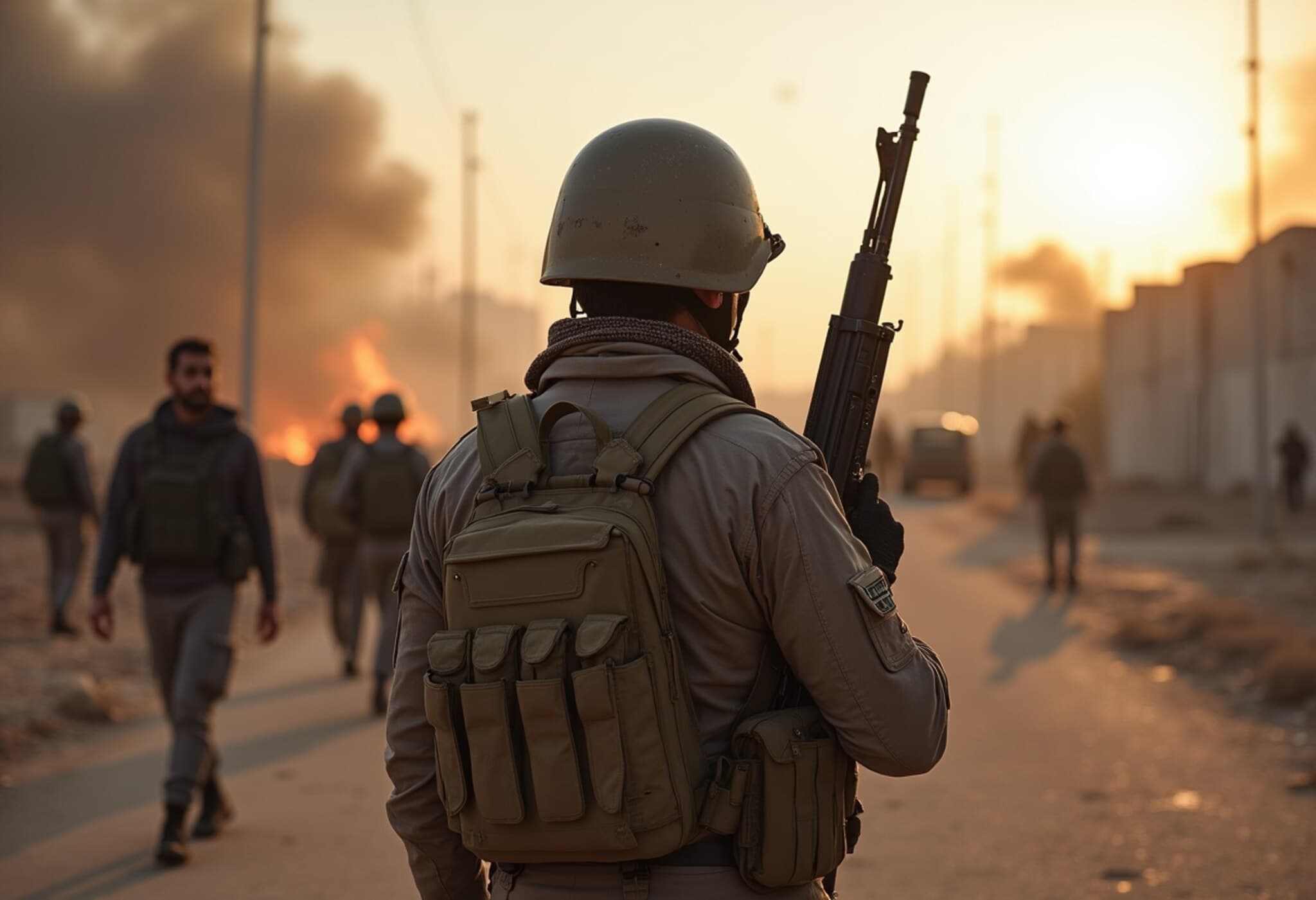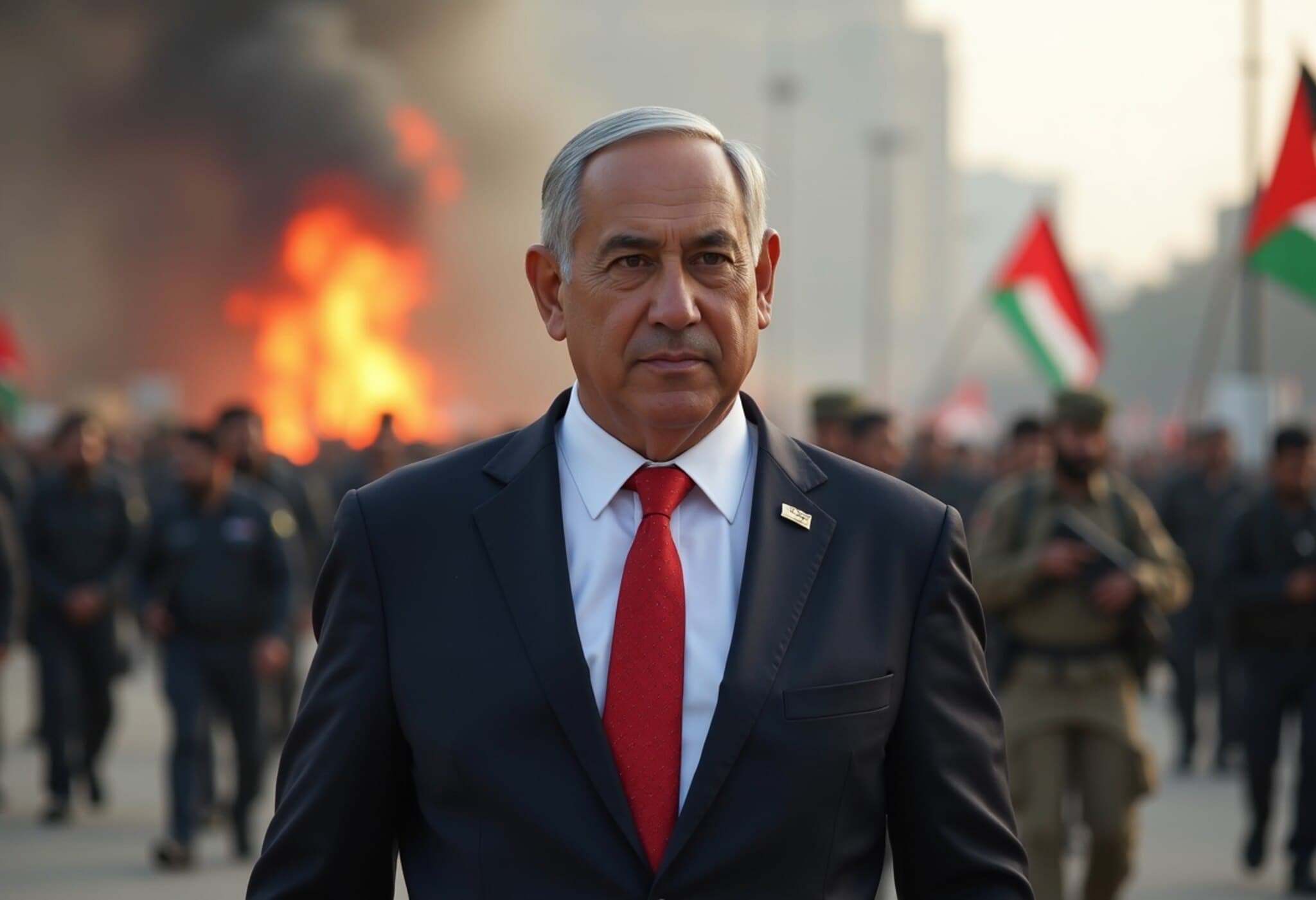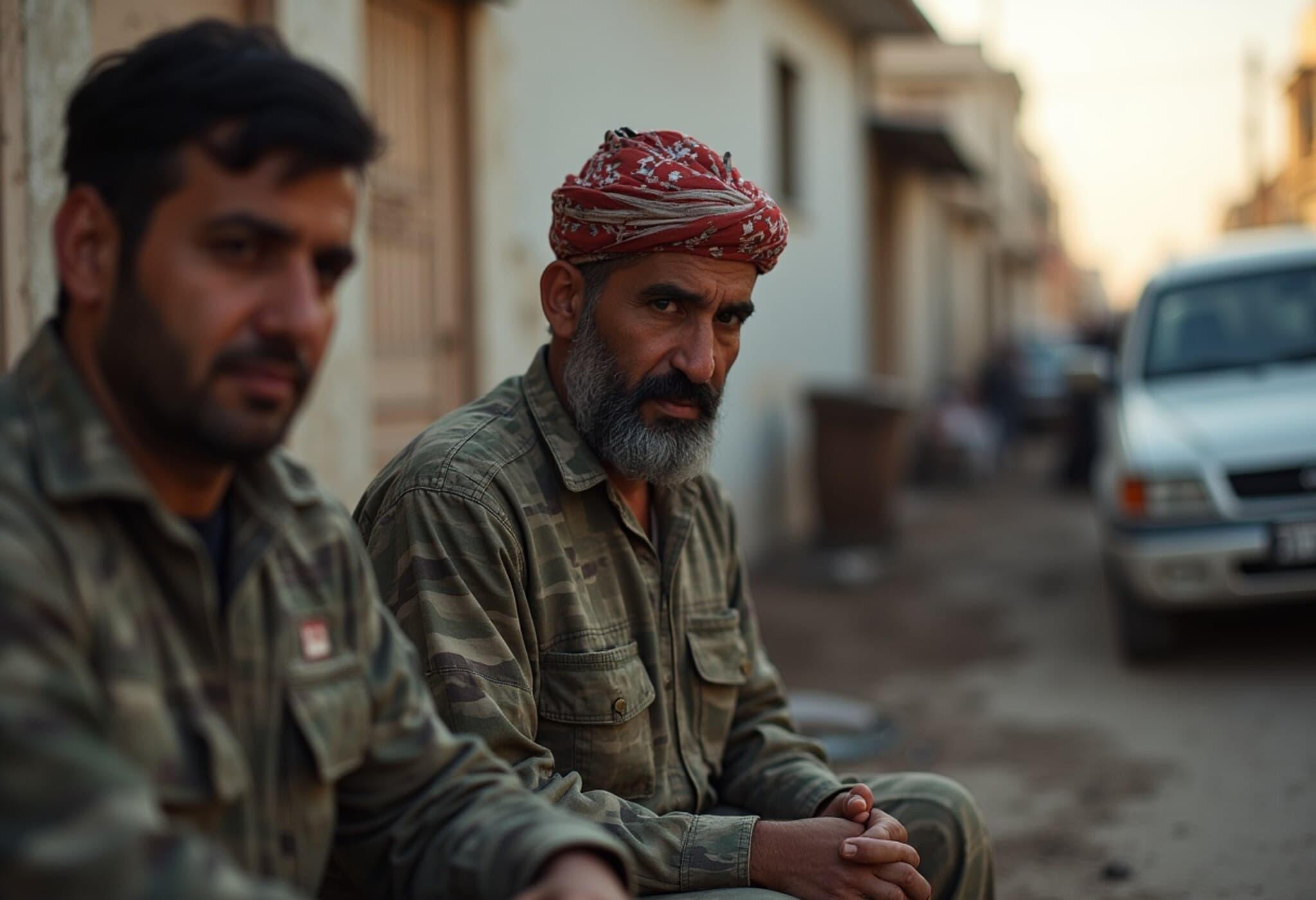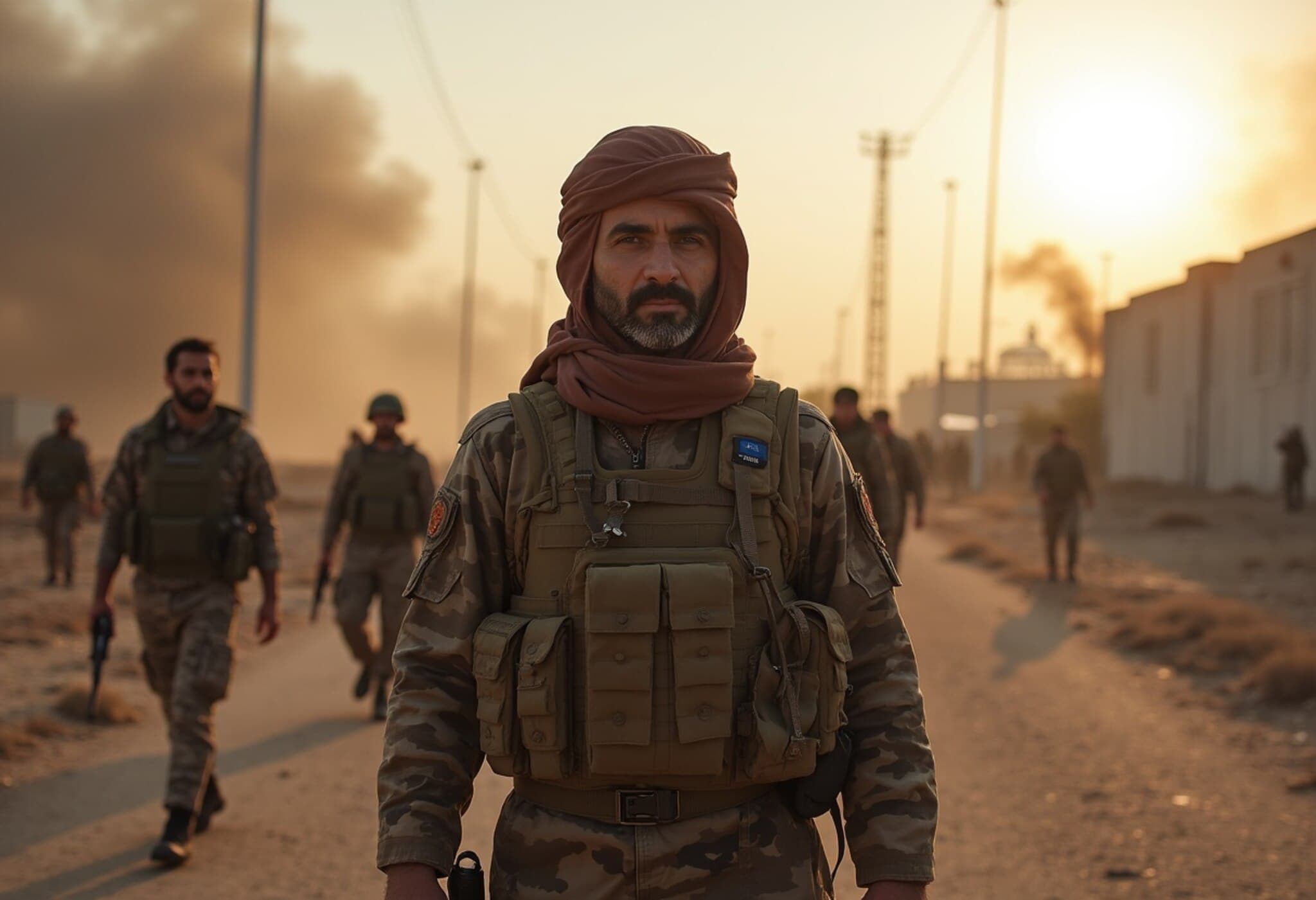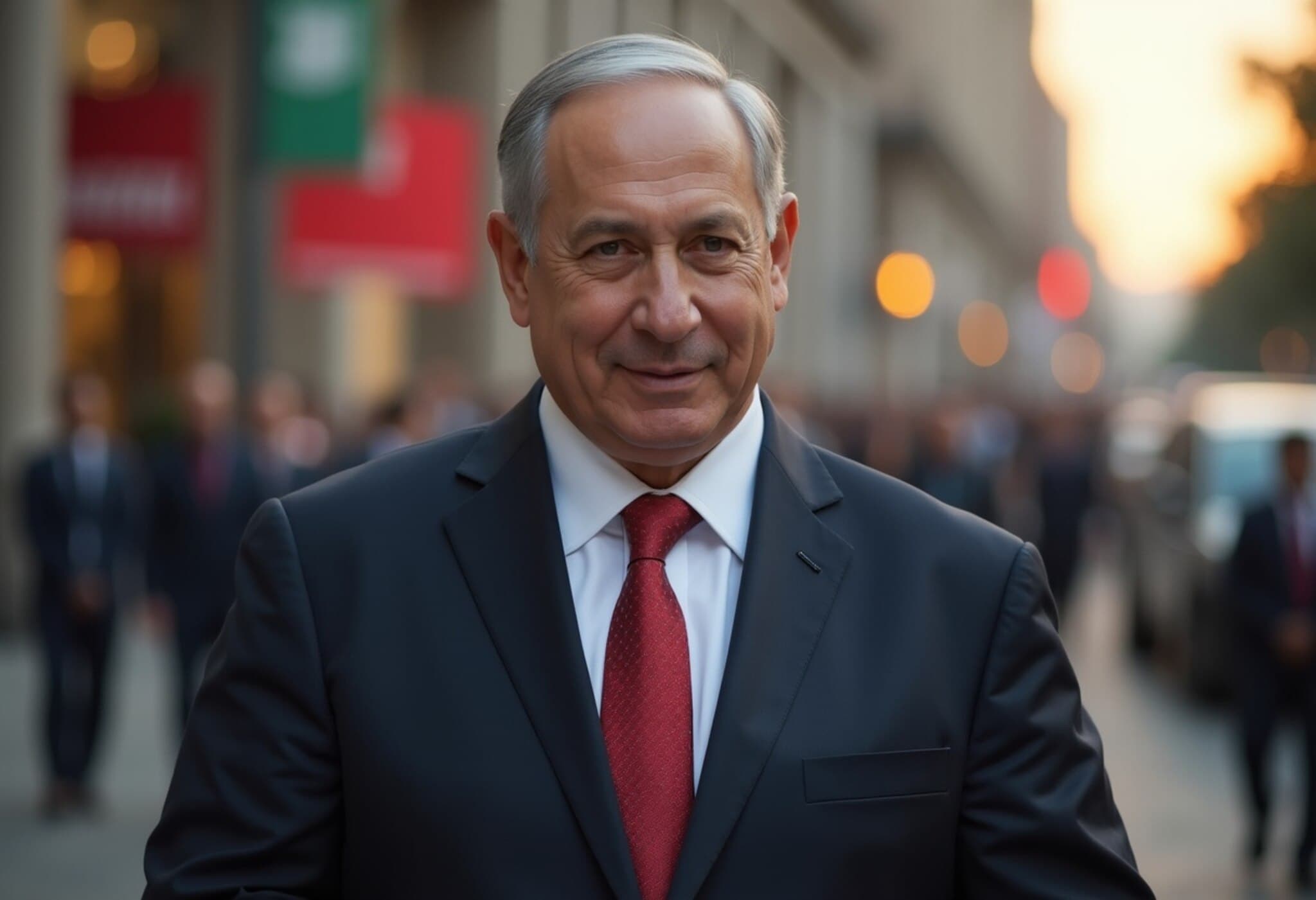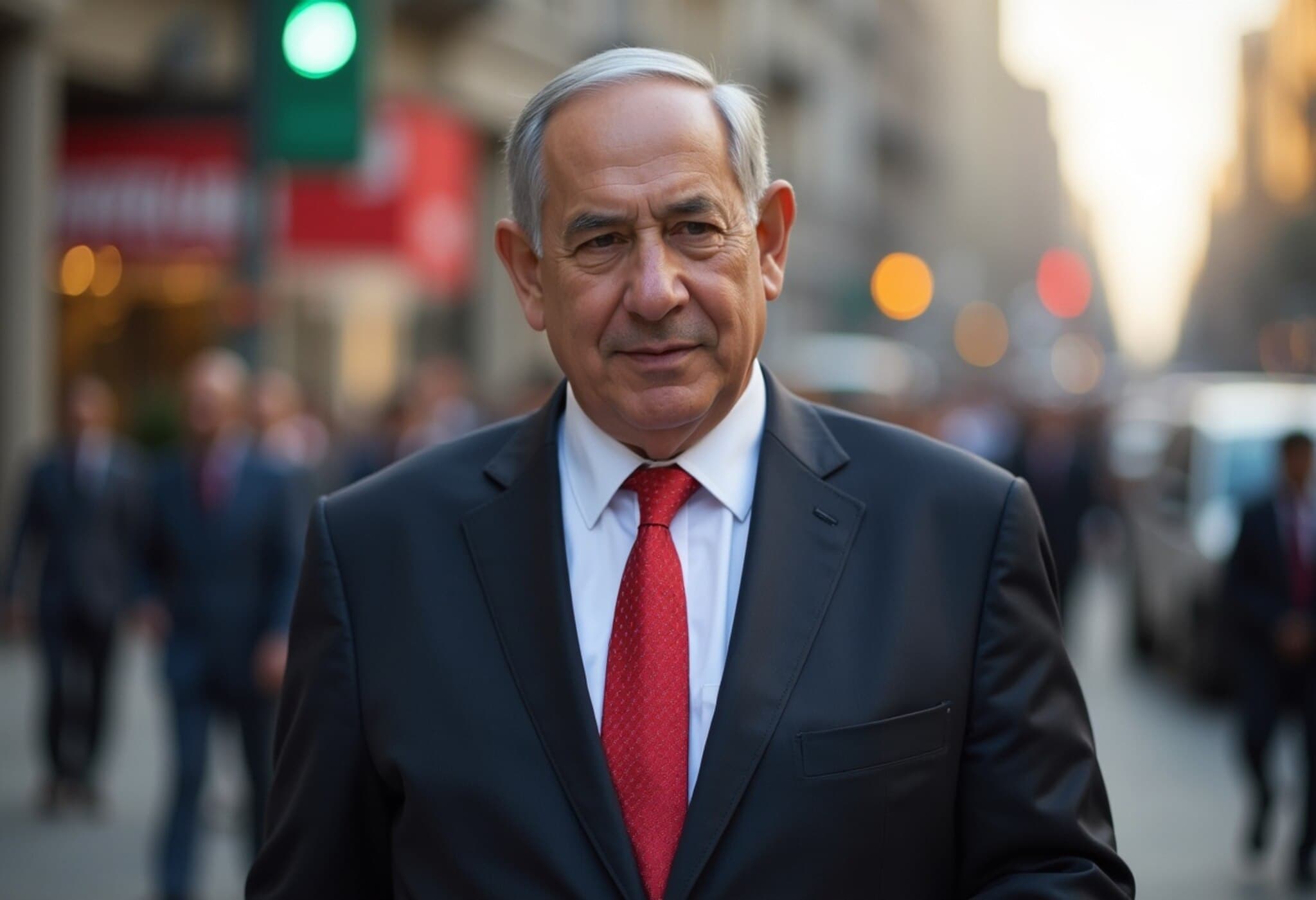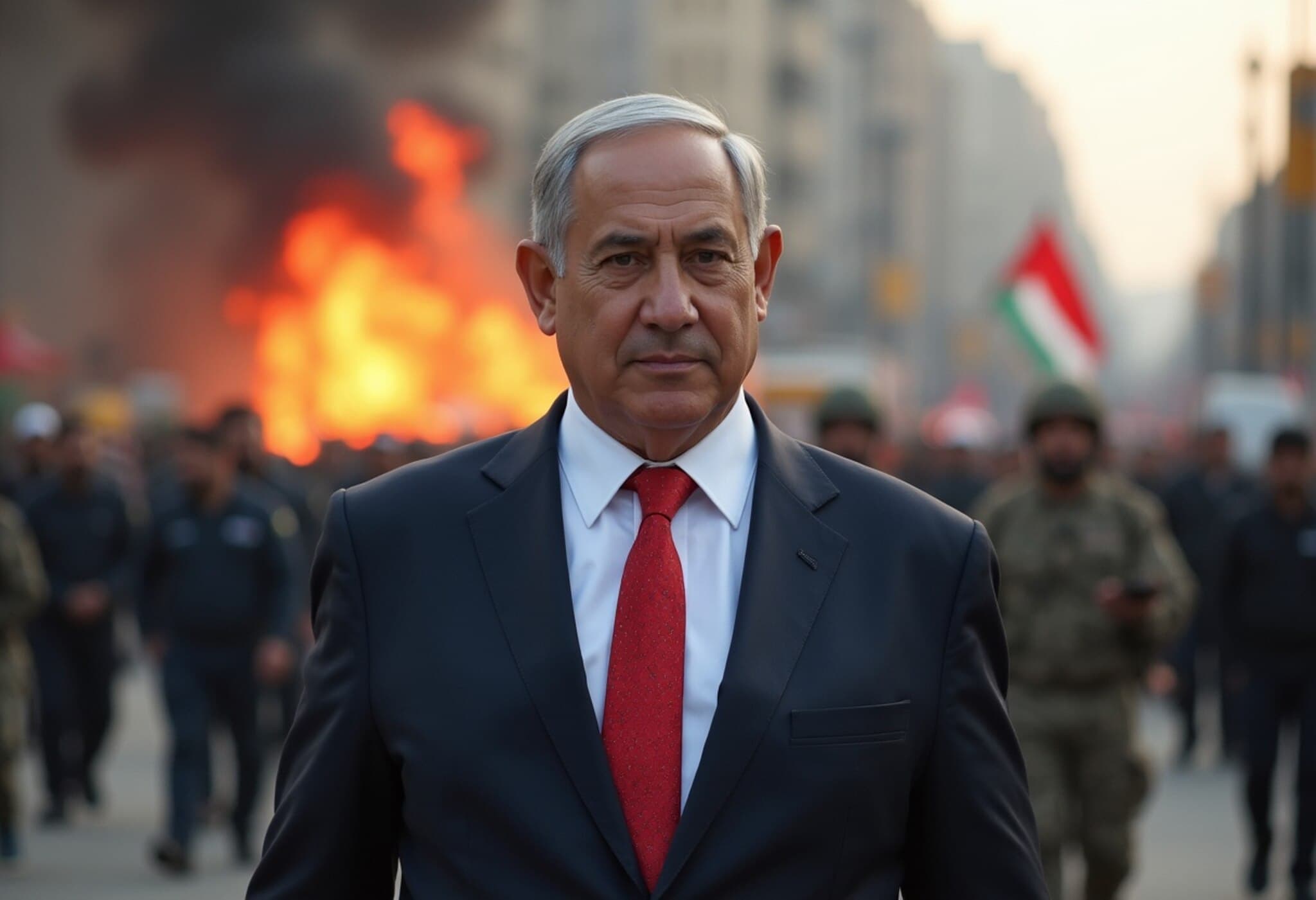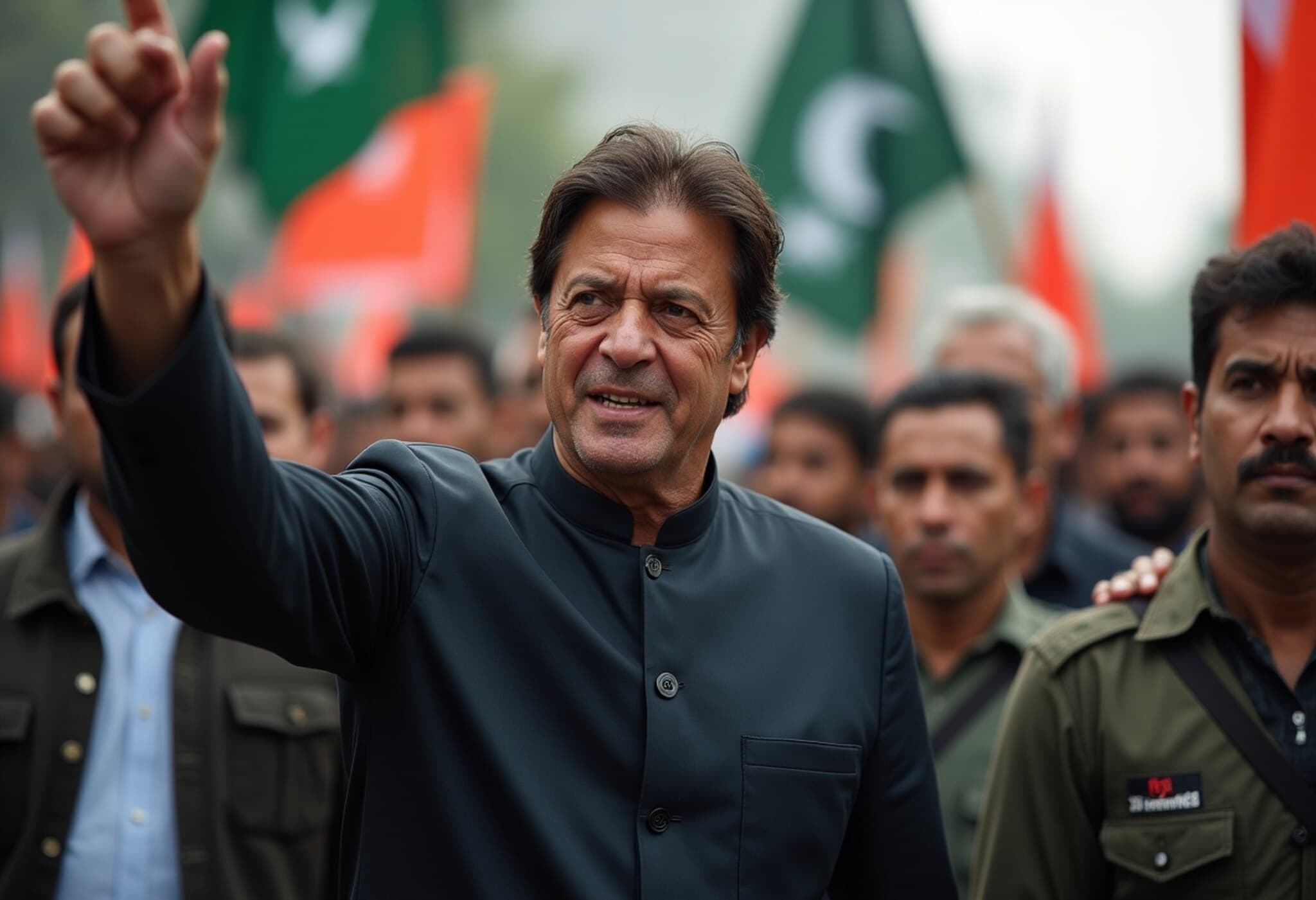Israel’s Challenge: Combating Terrorism Without Starving Innocent Children
As Israel grapples with the ongoing conflict with Hamas, a critical and often overlooked humanitarian issue looms large: the suffering of Gaza’s civilian population, particularly children. A seasoned Israel supporter and military veteran, speaking from both legal and combat experience, urges Israel and its allies to reconsider current strategies that risk devastating innocent civilians without weakening Hamas’s military capabilities.
Background: A Complex Balance of War, Law, and Morality
Those familiar with the Israeli-Palestinian conflict understand Israel’s imperative to protect its citizens from terrorist attacks. The October 7, 2023, massacre by Hamas precipitated a strong military response, which under international law Israel is entitled to undertake to neutralize terrorist threats. Yet the author, a former Iraq War judge advocate who later helped defend Israel from war crime allegations, stresses this right does not extend to ignoring the humanitarian cost.
The central question emerges: Can Israel defeat Hamas without inflicting lasting harm on Gaza’s youngest and most vulnerable?
The Human Cost of the Blockade and Aid Shortages
The blockade and stringent control over aid shipments into Gaza have drastically reduced the flow of vital supplies. Where over 200,000 tons of aid monthly once sustained the population, recent months have seen this number plunge to a fraction—creating a rising famine and hardship among civilians.
- Distance and security checkpoints force vulnerable groups—children, the elderly, and the ill—to risk their lives to reach sparse aid distributions.
- Incidents of violence during these distributions have escalated, tragically claiming hundreds of civilian lives.
The timing could not be worse: Hamas's military infrastructure has been severely degraded, yet Gaza’s civilian population is left struggling amidst chaos and scarce resources, fully dependent on Israel’s control over aid.
Strategic and Ethical Implications
The author voices concern that Israel's current approach might inadvertently serve Hamas’s objective to highlight civilian suffering and sway international opinion against Israel. Terrorist groups often embed themselves within civilian populations, leveraging civilian casualties to garner global sympathy.
Nevertheless, Israel must uphold its own moral and legal duties. Starving an entire population—or allowing children to bear the heaviest brunt—undermines Israel’s long-term security goals by eroding global support and fueling anti-Israel sentiment.
Declining Global and Domestic Support
Surveys indicate that European and American public support for Israel’s military operations is waning sharply. For instance, a recent Gallup poll found only 32% of Americans support Israel’s actions in Gaza—marking a significant drop that could influence future aid and diplomatic relations.
Yet this decline does not equate to support for Hamas. The Arab League and the European Union have called for Hamas’s disarmament and surrender, signaling broad rejection of Hamas while simultaneously urging consideration for Gaza’s civilians.
The Importance of Alliances and International Friendship
Israel’s geopolitical strength and survival depend heavily on the backing of allies—primarily the United States and European nations. Bipartisan U.S. support has included historic military aid packages and defensive cooperation, but this alliance’s durability is contingent upon Israel’s actions aligning with shared values and avoiding alienation through humanitarian excesses.
Fragile political landscapes in both the U.S. and Europe mean that alienation over moral grounds could lead to diminished support and increased vulnerability for Israel on the world stage.
Expert Insight: Navigating Justice and Strategy
Drawing from military legal expertise, the advocate underscores that defeating terrorism does not necessitate sacrificing innocents. Effective counterterrorism requires precision, intelligence, and adherence to international humanitarian law, ensuring that in dismantling Hamas, Gaza’s civilians are protected from unnecessary deprivation and suffering.
Furthermore, simplifying narratives into 'us vs. them' ignores the broader regional and international implications—highlighting the critical need for a strategy that integrates defense with diplomacy and humanitarian responsibility.
Moving Forward: A Call to Israel’s Allies
Friends and allies of Israel must engage critically and constructively. The author pleads for a united voice:
- End the blockade-induced famine in Gaza without delay.
- Reject any policies that exacerbate civilian suffering or endorse annexation plans that complicate peace prospects.
- Ensure civilian populations are protected as Israel pursues its legitimate security goals.
Defeating Hamas and ensuring Israel's security should never come at the cost of starving a single child.
Editor’s Note
This analysis highlights a pivotal dilemma at the heart of one of the world’s most intractable conflicts: the tension between security and humanitarian imperatives. It challenges both policymakers and the public to reflect on the broader consequences of military strategies that risk civilian lives and global goodwill. As the conflict evolves, maintaining moral clarity, strategic prudence, and international cooperation will be key to securing a sustainable peace and preserving Israel’s moral standing in the world.




